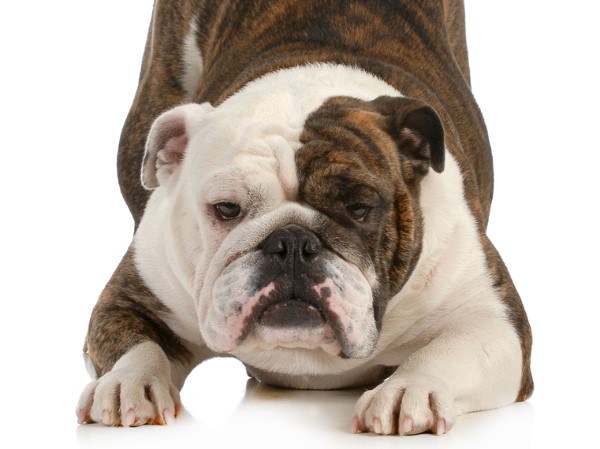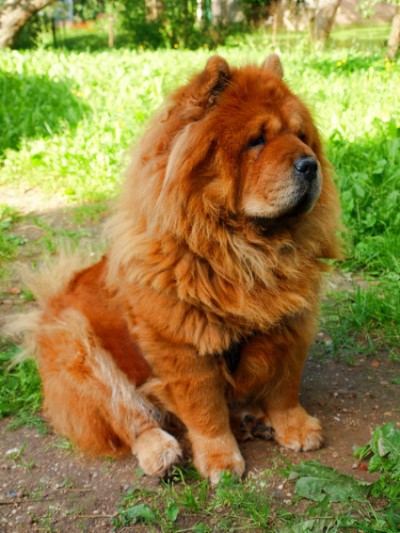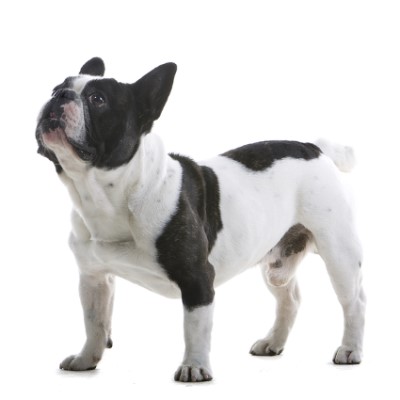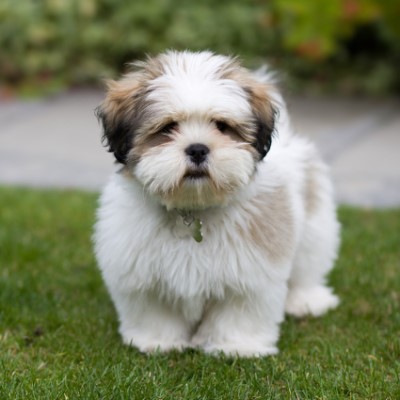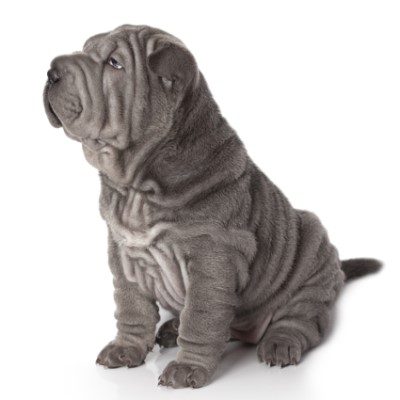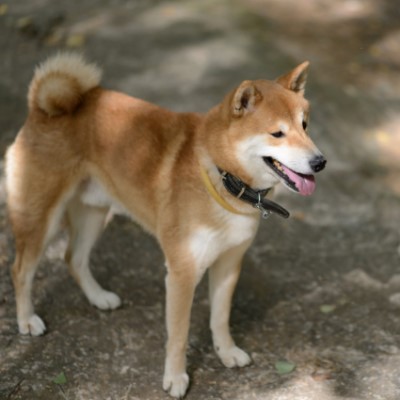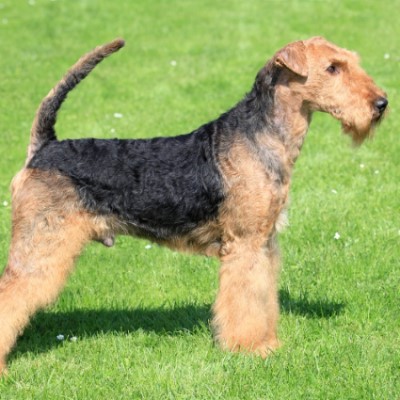Common Reasons for Surrender
Many people fail to research Bulldogs before adopting them, unaware that the breed is high maintenance and needs her ears and wrinkles cleaned regularly. Some Bulldogs face a plethora of health problems, due to bad breeding, and people simply cannot afford the veterinary care necessary to get their Bulldog healthy.
Pros
Known for their loyalty, Bulldogs love their humans and just want to be with them. They’re typically a mellow, friendly breed. Don’t expect a cry for independence with a Bulldog. Your Bulldog will likely want to sleep in bed and snuggle on the couch with you, and will greet you at the door when you return home.
Cons
Bulldogs require a lot of maintenance to keep them healthy. They don’t do well in the heat or in the cold. Their wrinkles need cleaned regularly and, if they’ve been poorly bred, they face a plethora of health problems including skin allergies, ear infections, and tail issues. Bulldogs with ongoing health problems will require veterinary care, which could add up financially.
Diet
Opt for a high quality food for your Bulldog, especially if he has skin problems, to help keep his coat shiny and his eyes clear. While every dog is different and has her own food preferences, a high grade kibble is best because it is shaped to go down a dog’s throat easily.
Avoid giving your Bulldog rawhide and pig ears as treats because their large mouths and small throats make them prone to getting food stuck in their throat and choking after they swallow larger bites of food.
Exercise
Bulldogs need moderate exercise daily. Because Bulldogs are typically not high energy dogs, you’re not going to have a running or a jogging partner and your Bulldog isn’t going to want to chase after a Frisbee. A good walk should suffice, but Bulldogs do not do well in prolonged heat or cold, so keep that in mind.
Possible Health Issues
Bulldogs sometimes face numerous health issues, but not all Bulldogs are unhealthy. Some Bulldogs suffer from breathing issues while others deal with skin issues. Because of skin issues, it’s essential that you clean your Bulldog’s wrinkles regularly. You may also need to take your Bulldog to the vet regularly to have his anal glands cleaned—a quick and simple process. Bulldogs are prone to hip dysplasia, breathing problems, and skin and ear infections, often a result of bad breeding.
Make sure your vet knows Bulldogs. Not all vets are familiar with Bulldogs and their health, so invest the time to research your options and find a vet who really knows how to properly care for a Bulldog.
Grooming
While Bulldogs don’t require intricate grooming like a Pekinese or a Poodle, you will need to regularly bathe your Bulldog and brush him every day to keep his coat healthy. Be sure to clean and trim his nails as necessary. You may also prefer to take your dog to a groomer instead of doing it yourself.
Training
Stubborn but smart, some Bulldogs train easily while other pose more of a challenge. Successful training requires you to provide your Bulldog with both consistency and dedication. Positive reinforcement, such as offering a string bean after obeying a command, will encourage and reward your Bulldog.
Entertainment
You’re not adopting a high-energy dog when you bring a Bulldog home. Your Bulldog will likely enjoy going for walks—how far really depends on him—or running around the yard. Some like to play ball while others enjoy playing with other dogs.
We want to thank Mid-Atlantic Bulldog Rescue for help with this profile.
